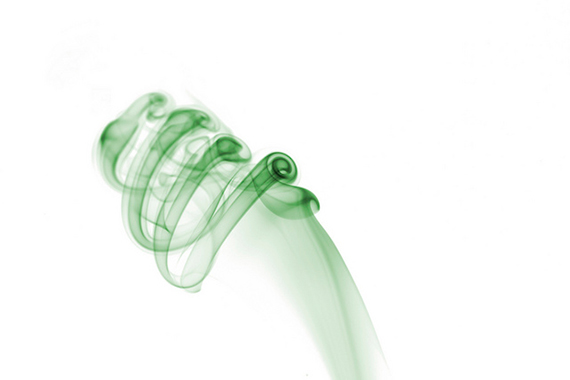Although you may have learned to capture smoke photography, it often doesn’t really come to life until you make a few finishing touches in post-processing. Depending upon what type of look you are going for will determine the exact editing options you should use. While these helpful options are far from the only options available for smoke photography, here are a few of the basics.
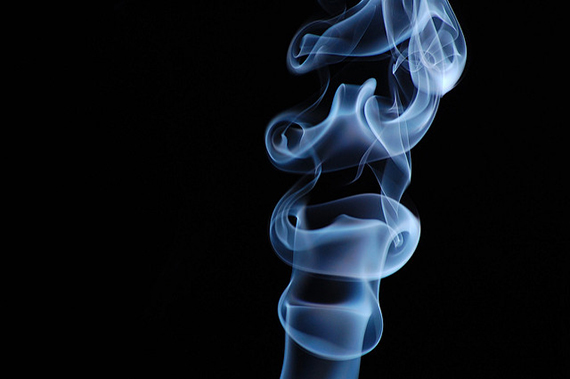
photo by Stuart Randall Saffen
Before you begin, you should always make a duplicate layer of your image. This helps when you make any mistakes or change your mind about what you want completed, by allowing you to go back to the original. Layer duplication can be completed in one of two ways:
- Either right click on the designated layer and select Duplicate Layer, or
- Click on the Menu Bar and select Layer > Duplicate Layer.
Note: Please keep in mind, with many of the below techniques you also have the option to use dodge and burn techniques to highlight specific areas within your photo. What you will want to do will all depend on what you are trying to achieve.
How to Create a White Background
Whether you prefer to edit with a white background or want to use white for a stark contrast, this easy technique can be completed in just a few clicks of a button.
Once your image is open. Use the Menu Bar and select Filter > Adjustments > Invert.
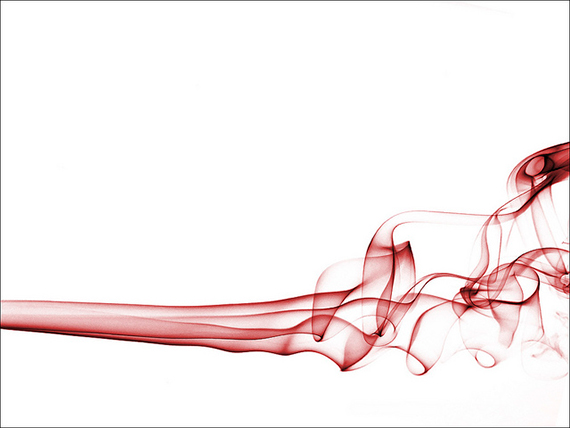
photo by butch
Note: This will change the entire image. In a typical black background setting, the background will switch to white, and the smoke will appear black unless you have changed the color settings.
How to Make Your Smoke Appear Brighter
When working to brighten your smoke, you should constantly keep an eye on your background. This will prevent you from lightening it so much the black disappears, or to prevent white specks from appearing.
- Open your Histogram by using the Menu Bar to select Layer > New Adjustment Layer > Levels
- Using your Histogram, move the white arrow to the left until you reach the desired effect.
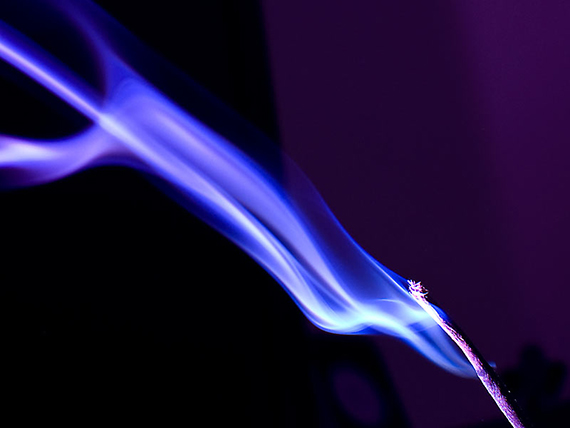
photo by Sean Naber
How to Add Color to Your Smoke
There are two common color options when working with smoke: either using a specific color or using a gradient. To add a specific color, you will need to:
- Use the Menu Bar to select Layer > New Adjustment Layer > Hue/Saturation.
- You can use the Hue slider to the left of right to change the color. (You may need to click the Colorize box.)
- Use the Saturation slider to increase or decrease the intensity of your colors. Typically the higher the Saturation level, the more intense the coloring will be.
How to Add a Gradient to Your Smoke
The fun part of working with gradients is the ability to customize it to fit your exact needs. It can be used for a specific area of smoke or for the entire image. It’s all up to you.
- Select Layer > New Fill Layer > Gradient from your Menu Bar. Once the dialog box opens you can adjust the gradient to use specific: colors, angles, styles, and more.
- To add it to your smoke, find the drop down menu in the Layers palette. The default setting on this menu is typically Normal. Scroll down and click Color (located in the section with Hue, Saturation, and Luminosity).
- If for any reasons you want to change any options on the gradient, double-click the Gradient Fill within the Layers palette and make any necessary corrections.
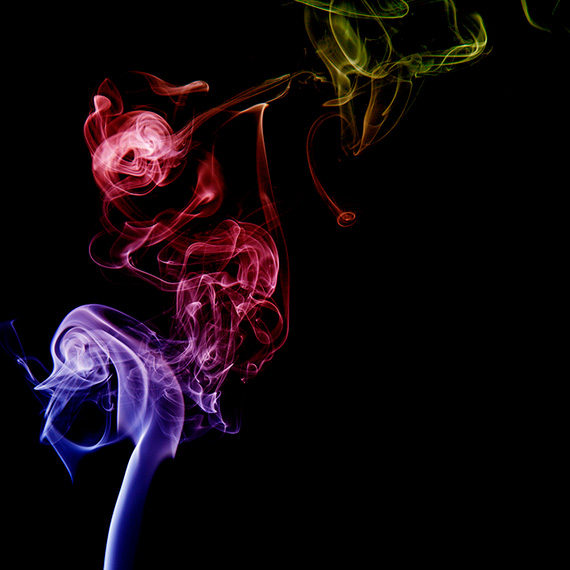
photo by kennysarmy
Like any other form of photography, it can take time to capture and edit an image that truly speaks to you. However, with a few basics techniques; you can take an image from bland to radiant or to create something truly spectacular. Most importantly, be creative and experiment with your images. Don’t settle for something just because it looks good to others; work hard and produce something you are truly proud of. No matter what your overall goal is, the workflow process is still the same; and the more you practice, the easier it will be.
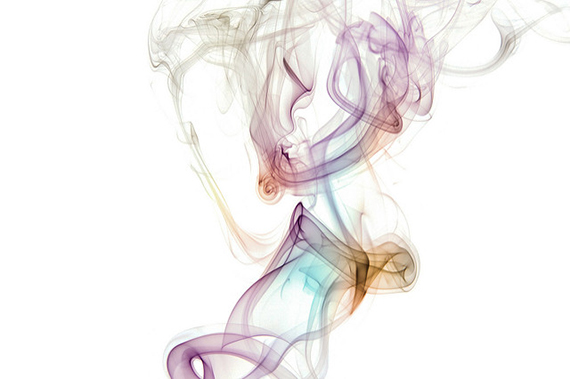
photo by Nick Olejniczak
Are you working with smoke photography? Post your favorite editing tips or a link to your favorite results in the comments below.
Go to full article: Smoke Photography Photoshop Tutorial
What are your thoughts on this article? Join the discussion on Facebook
PictureCorrect subscribers can also learn more today with our #1 bestseller: The Photography Tutorial eBook
The post Smoke Photography Photoshop Tutorial appeared first on PictureCorrect.
